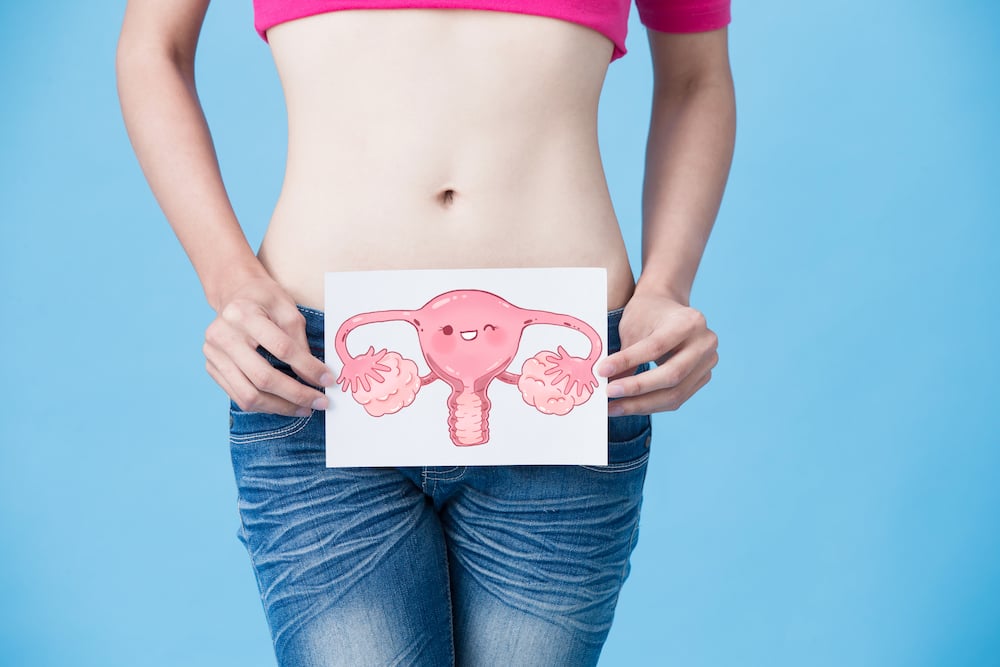How Ovarian Cysts and Fibroids Can Impact Fertility

Unfortunately, fertility issues are more common than you’d expect. One in four couples in the U.S. face some kind of infertility diagnosis, and one-third of those stem from female-factor infertility. The other two-thirds can be split between male-factor and unexplained infertility. For female-factor issues, the reasons behind a diagnosis can be both numerous and complex. There can be structural conditions not favorable to conception, hormonal issues, and/or ovarian reserve issues.
We wanted to explore two of the perhaps lesser known reproductive conditions that can potentially impact a woman’s fertility. These conditions can be symptomless, or their symptoms can negatively impact a woman’s quality of life in a serious way.
Ovarian Cysts
Ovarian cysts are largely symptomless. Women can have multiple cysts on their ovaries and never be made aware of it unless they are discovered during an ultrasound exam or another screening method where the ovaries are observed. If symptoms are present, they usually consist of painful intercourse, irregular periods, pain during bowel movements, back and/or pelvic pain, and spotting in between periods.
Most ovarian cysts go away on their own without treatment and do not impact fertility. However, when an ovarian cyst is a result of a hormonal condition called polycystic ovary syndrome (PCOS), then fertility can be negatively impacted. Overall, in the event an ovarian cyst is found, it is likely to be benign and not cause for concern. If there is a reason to take action, treatment can range from birth control use to surgery, in more severe situations.
Fibroids
Similar to ovarian cysts, some fibroids can exist without symptoms. However, if present, symptoms can include heavy menstrual bleeding, long period cycles (over a week), frequent urination/difficulty emptying the bladder, pelvic/back pain, and constipation.
Fibroids have a number of causes, from genetic sources to hormones. If you have fibroids, it does not necessarily mean you’ll struggle to conceive, but it is possible. Fibroids are also a source of pregnancy/delivery complications. Fibroids can be treated with a few different approaches ranging from medication to non-invasive procedures to surgery. The severity and impact on your life will be a factor in how treatment is approached.
Ultimately, both ovarian cysts and fibroids can have an impact on your ability to conceive, but it is less likely that they would be solely responsible. Cysts and fibroids tend to accompany other reproductive conditions that make conception difficult. If you experience any of the above-noted symptoms, please consider discussing your history with a gynecologist soon – even if you do not plan on trying for a family in the near future or at all. Your quality of life does not need to be negatively impacted if treatment is readily available.